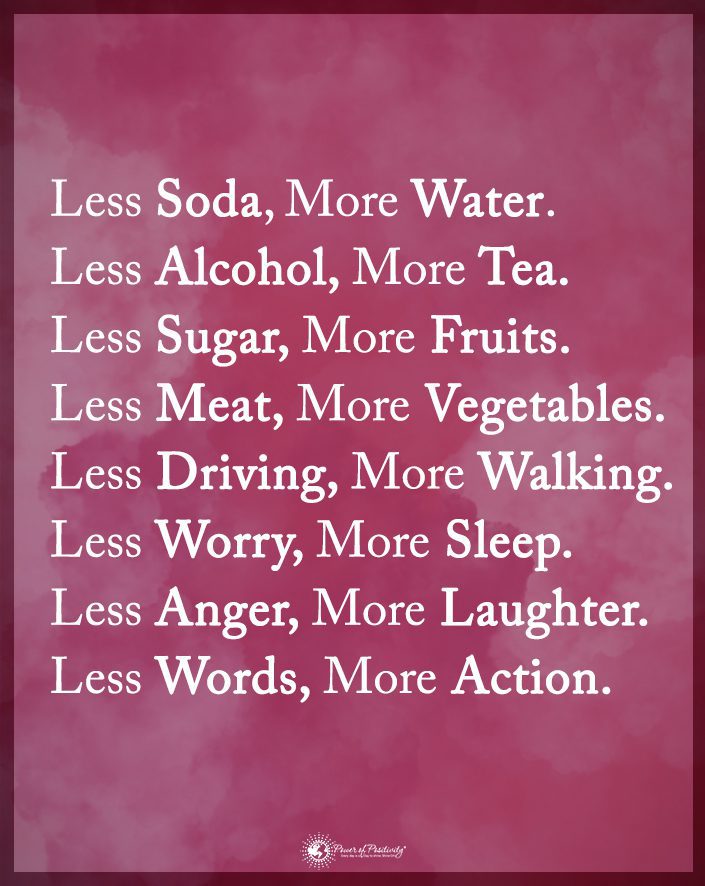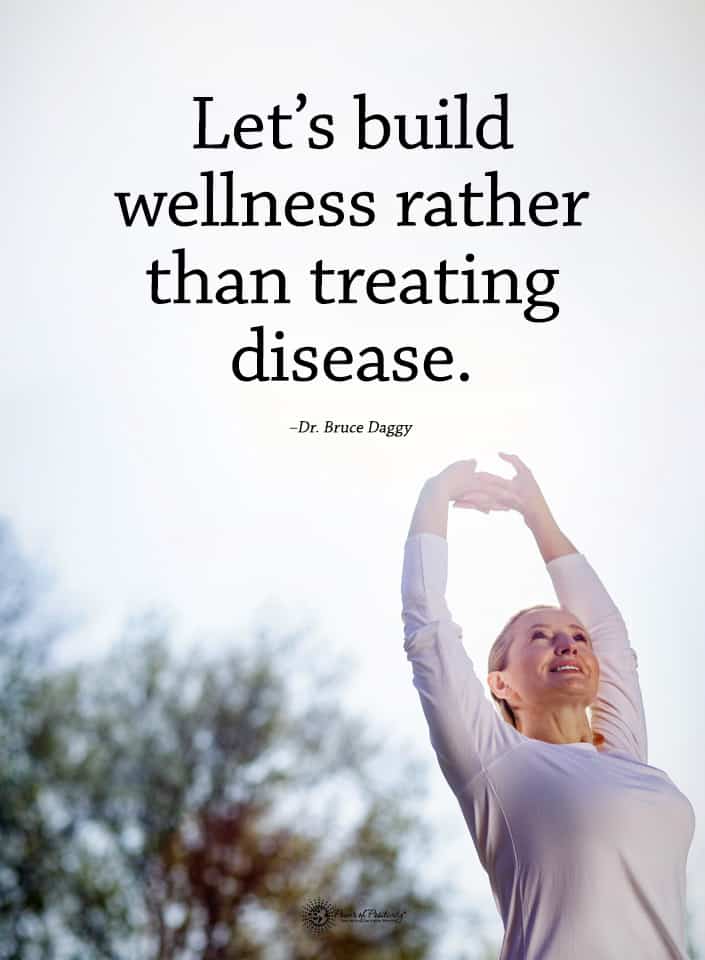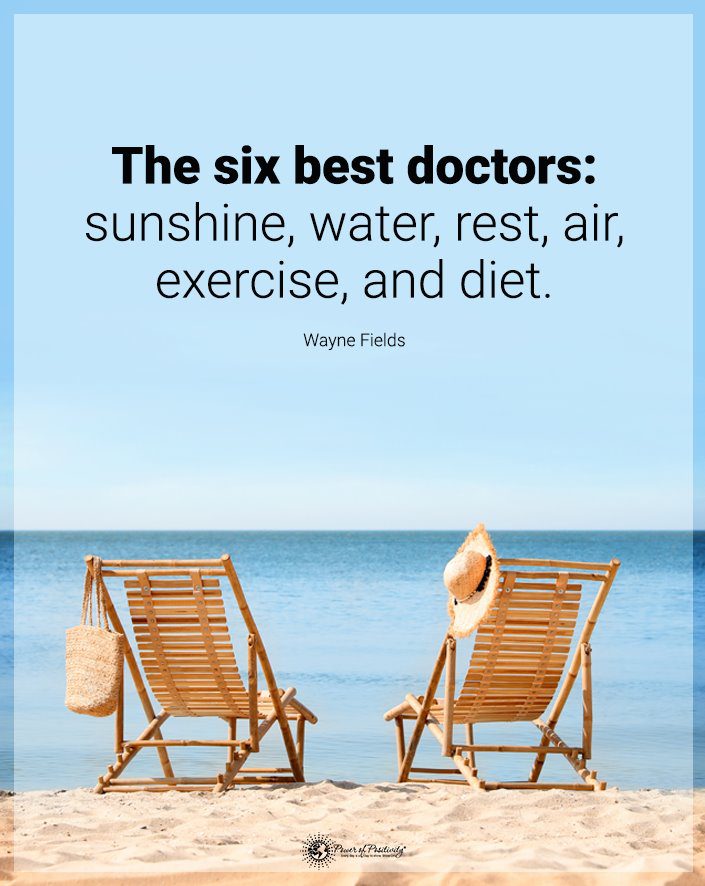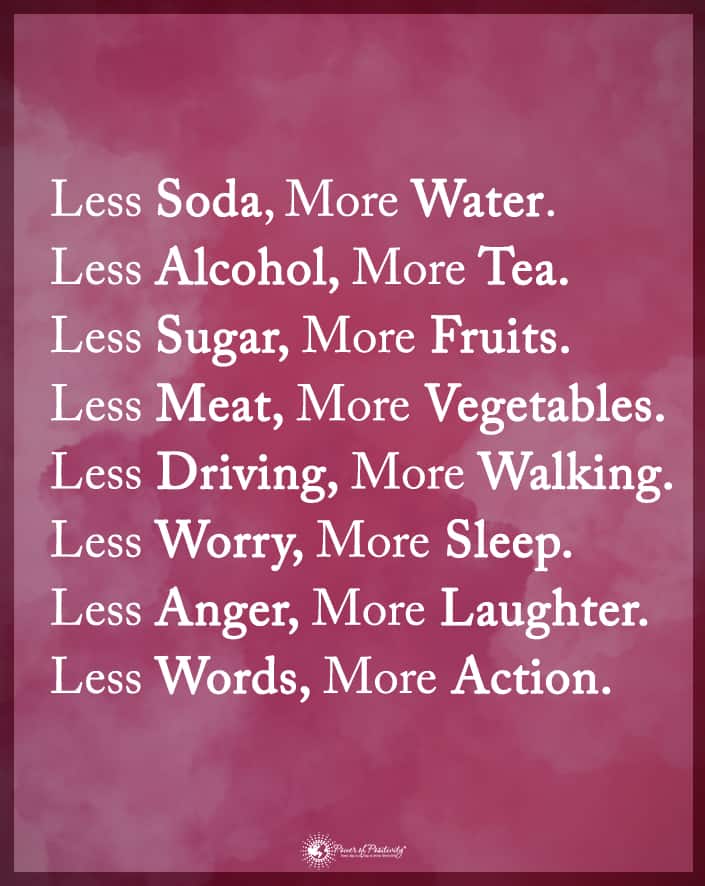Water is an important element for so many different reasons. Let’s start with us: we’re made up of about 50-75% water, depending on body composition. Water is responsible for many different body functions – regulating body temperature, helping lose weight, carrying oxygen and nutrients to the cells, dissolving minerals and nutrients, aiding digestion, protecting body organs and tissues, and lubricating joints, among others.
Oh, and it increases metabolism. Just in case you wanted to know if aqua can help you lose some stubborn pounds – the answer is a resounding “YES!”
According to a study published in the Journal of Clinical Endocrinology and Metabolism, drinking 17 ounces of water increases metabolic rate by 30% in healthy men and women. The maximum effect was reached 30-40 minutes after the subjects drank.
Let’s look at another study that highlights water’s weight loss properties. Researchers from the University of Birmingham in the United Kingdom conducted a 12-week experiment in which 84 obese adults received basic weight loss advice and were assigned to one of two groups. The first group was instructed to drink about sixteen ounces of water half an hour before their meals, while the second group had to imagine their stomachs full before each meal. At its conclusion, the experiment revealed that the first group lost three pounds more than the second.
Healthful Benefits of Drinking Water to Help Lose Weight

Water is life, and clean water is health. – Audrey Hepburn
This is much-welcomed news to those who have the desire to lose a few pounds (dang near everyone), but we should be drinking an adequate amount of water – from six to ten cups daily – regardless. Before we delve further into the relationship between water intake and weight loss, let’s briefly list H2O’s other health benefits:
- Helps keep us alert
- Prevents headaches
- Boosts cognitive abilities
- Protects our heart
If you are indeed among the multitudes that is seeking to lose a few pounds, proper hydration needs to be a key factor. Aside from nourishing the body before, during and after any physical activity, we should be tracking our water intake throughout the day. This is very important, as the proper amount of water consumption can assure our metabolism is operating at capacity while suppressing the desire to overeat.
We will provide the formula for calculating optimal water intake and a basic numerical breakdown to serve as a quick reference point.
Please note: it’s unnecessary to be exacting in your water intake. Be as accurate as possible within reason. Although, if you feel better busting out the water beaker, feel free! Measuring cups could be beneficial, however.
First, here are the formula steps and a quick explanation on why you need this much water to lose weight effectively:

Step 1: Get your weight
Obviously, it’s important to have an accurate number depicting weight in determining optimal water consumption. This is necessary since, as the pounds or kilograms increase, water intake will increase accordingly.
If the numbers on the scale show a decimal, round down if it is a .4 or lower; round up if it is a .5 or higher. If using an analog scale, get the most accurate reading possible
(Example: 200.4 pounds = 200 pounds. 200.5 is rounded to 201, etc.)
Step 2: Divide your weight in half
If this number includes a decimal, round up. The resulting number is our required water intake in ounces.
(Example: 201 pounds/ 2= 100.5, which is rounded to 101 ounces.)
Step 3: Determine the activity level
The level we physically exert ourselves directly correlates with our water intake. As we exercise or perform anything strenuous, our bodies will naturally expel water, which must be compensated for.
For every thirty minutes of exercise, add sixteen ounces.
Step 4: Calculate water intake
Simply add the numbers derived in steps 2 and 3.
Here’s an example of what the resulting calculation should look like:
- Weight: 201 pounds
- 201/2 = 101 ounces (rounded)
- 30 minutes of exercise daily = 16 ounces
- 101 ounces + 16 ounces = 117 ounces (or about 10 12-ounce glasses of water)
Here’s how much water your body needs to lose weight:
Weight Intake # of 12-ounce servings
80 lbs. 40 oz. 3
90 lbs. 45 oz. 4
100 lbs. 50 oz. 4
110 lbs. 55 oz. 5
120 lbs. 60 oz. 5
130 lbs. 65 lbs. 5-6
140 lbs. 70 oz. 6
150 lbs. 75 oz. 6
160 lbs. 80 oz. 7
170 lbs. 85 oz. 7
180 lbs. 90 oz. 8
190 lbs. 95 oz. 8
200 lbs. 100 oz. 8-9
210 lbs. 105 oz. 9
220 lbs. 110 oz. 9
230 lbs. 115 oz. 10
240 lbs. 120 oz. 10
250 lbs. 125 oz. 10-11
Final Thoughts on Drinking Water to Lose Weight
Here are a couple of helpful pointers to help achieve our water intake:
1. Drink two 8-ounce cups of water before every meal. This adds up to 48 ounces.
2. When getting up in the morning and before going to bed, drink one 16-ounce glass to get another 32 ounces.
(Side note: if getting up in the middle of the night to use the bathroom is a concern, drink this additional serving in the morning instead.)
In simply following these two tips, we’ll get 80 ounces of our water intake. This should make it much simpler to reach our daily goal!











